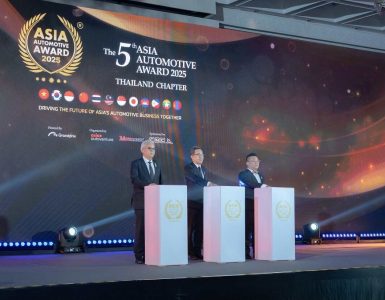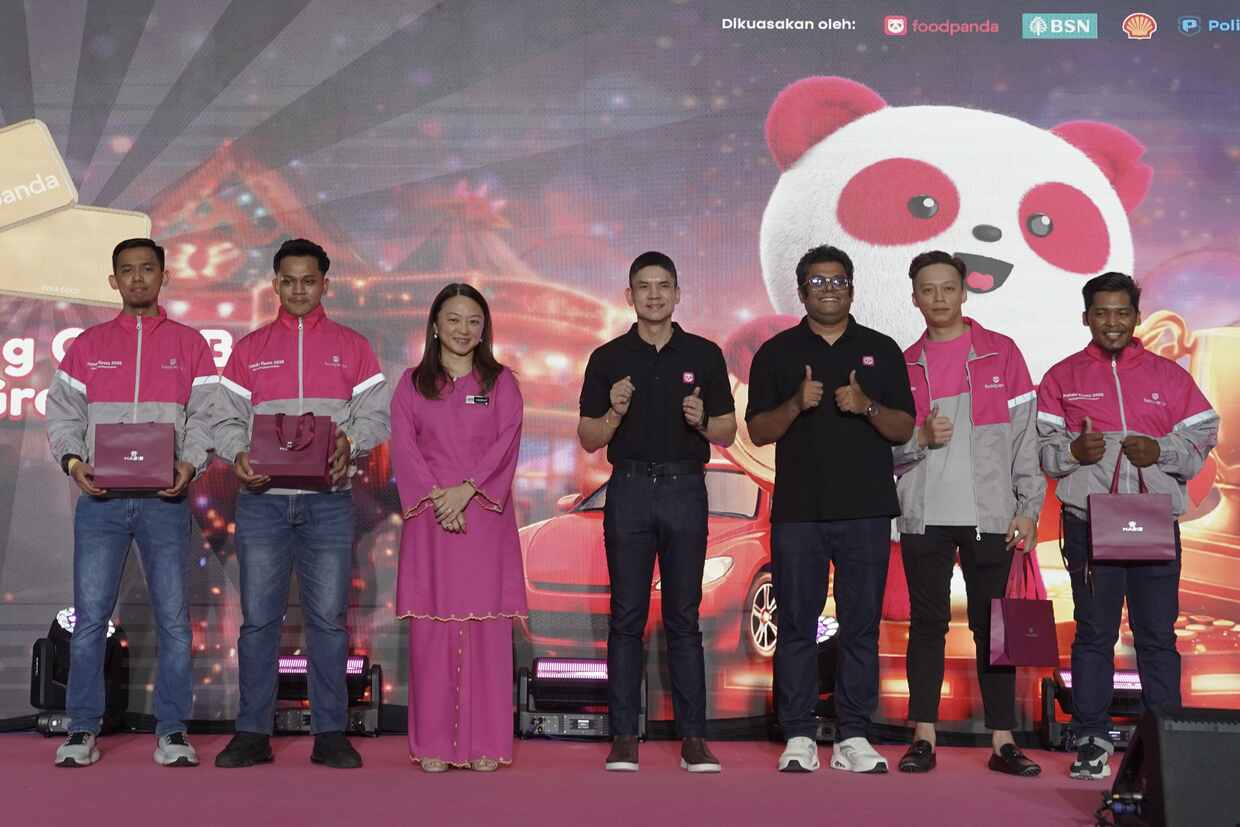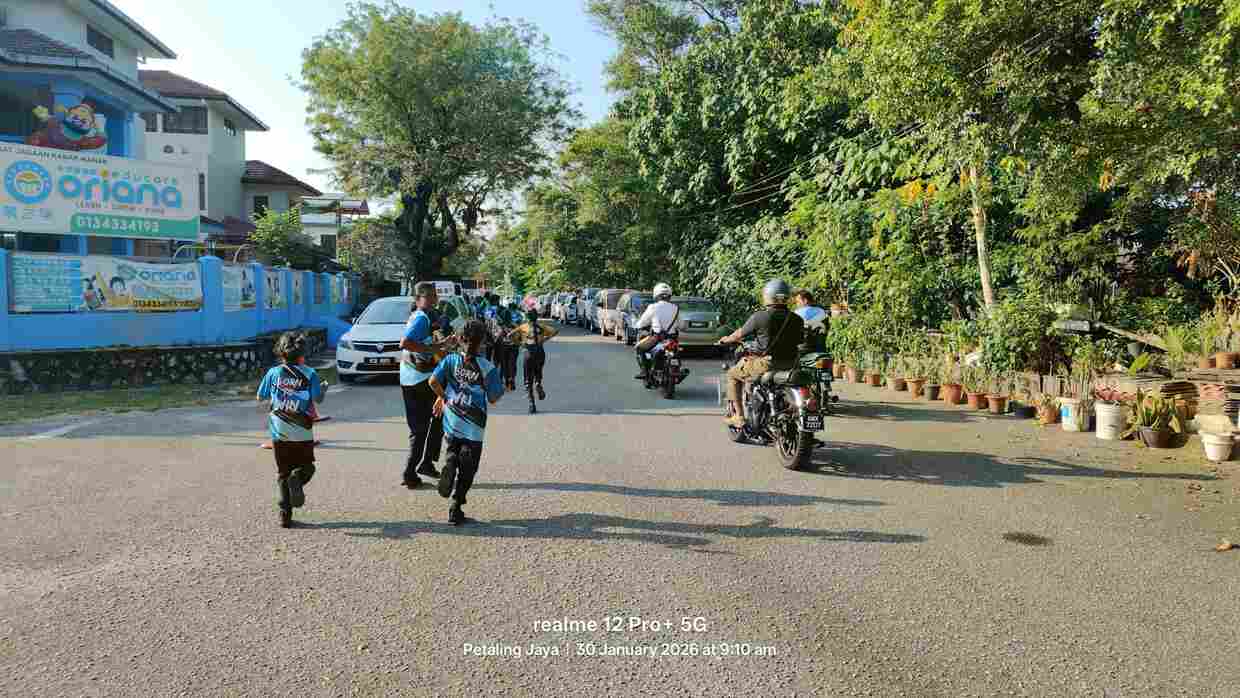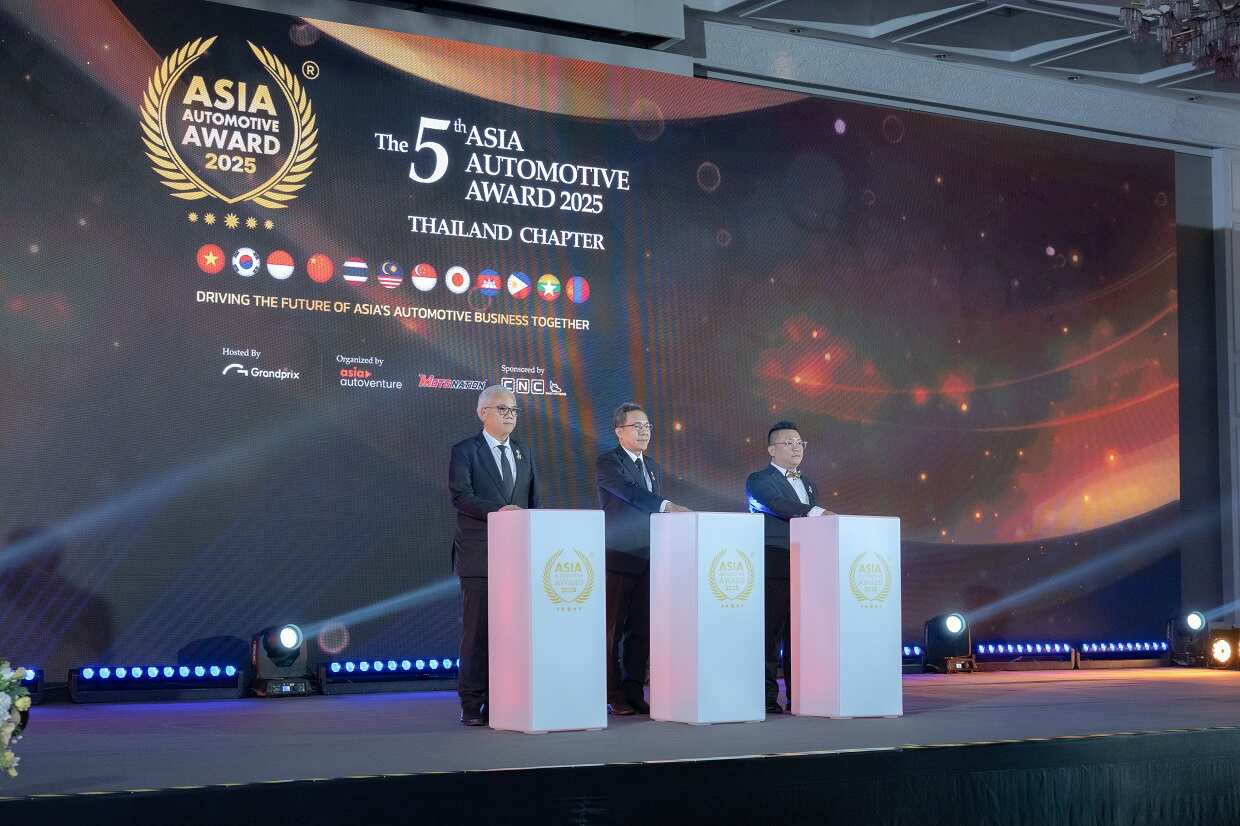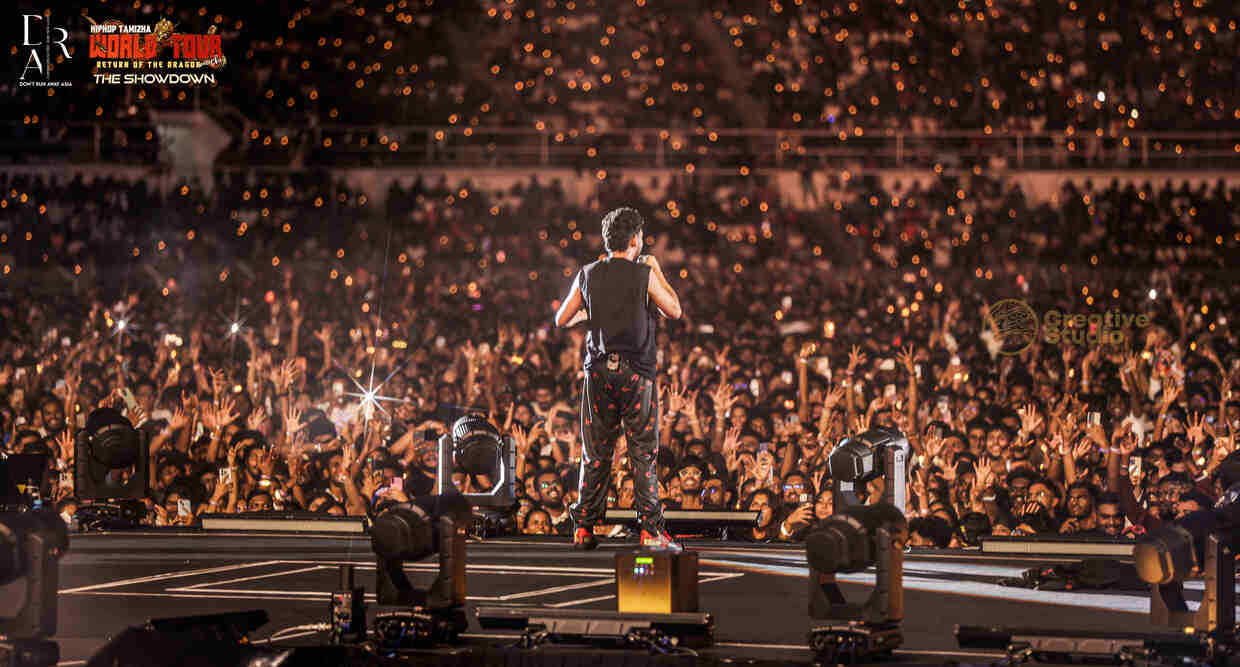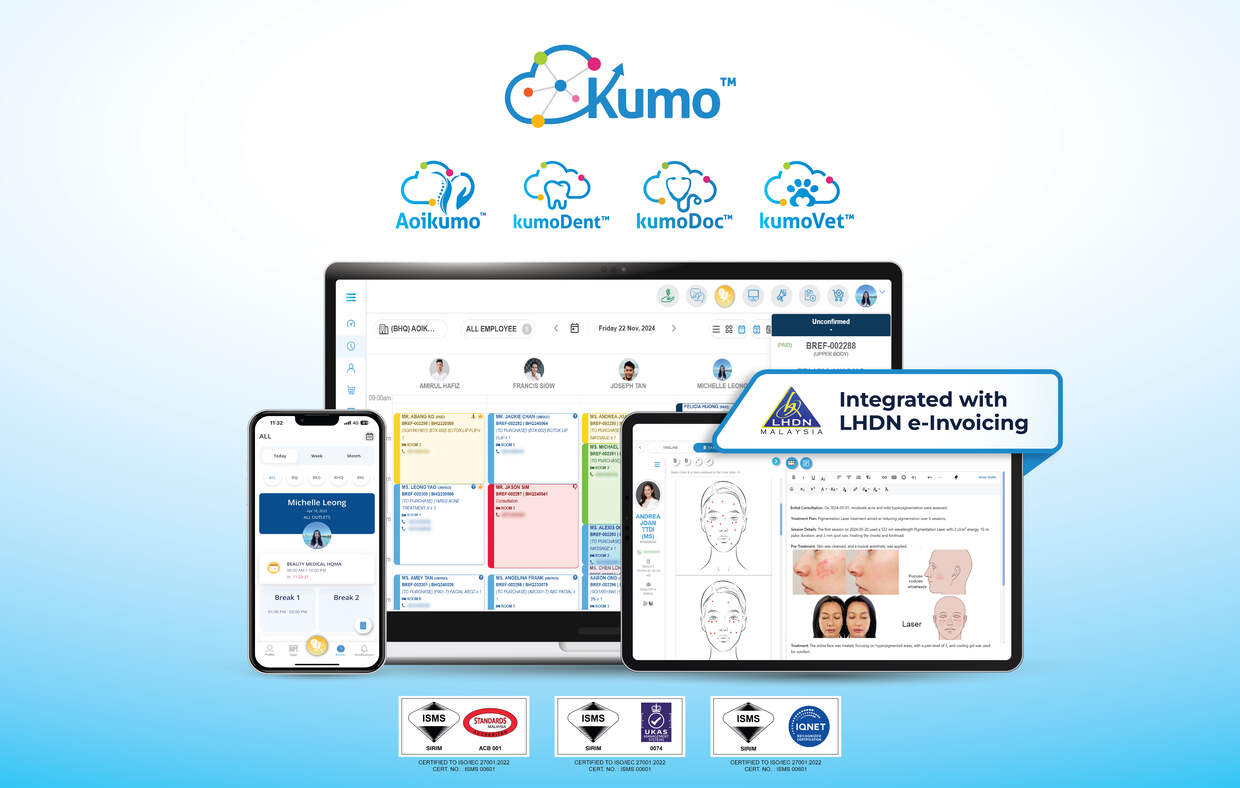By Kim Soo-yeon
At a posh animal hospital in southern Seoul on a quiet Friday afternoon, a few people are sitting on cozy sofas with what
they call their best friends, waiting for nurses to call their names, reports Yonhap News Agency.
The 1.5 billion won (US$1.3 million) hospital, which opened in February in the affluent neighborhood of Cheongdam-dong, is representative of the new trend in South Korea’s fast-growing pet industry.
The “five-star” animal hospital, called Irion, which means “come over here” in Korean, a friendly expression for calling one’s pets, boasts round-the-clock services and up-to-date equipment like a computerised tomography scanner. It
became an instant hit.
“More and more Koreans are viewing pets as their family members,” says Park So-yeon, chief executive of DBS Co, which runs Irion Animal Hospital.
“When a family member gets sick, it is natural that people want to cure him or her at any means. We are trying to meet such growing demand with specialized services.”
A multicomplex for pets, Irion has a daycare centre, a beauty salon, a hotel, a cafe and a pet shop on the first floor and a general hospital-like veterinary clinic on the second floor.
At the daycare centre, dogs play with each other, learning so-called “social manners” such as not barking in public places under the instructions from trainers in a programme that costs from 40,000 won to 100,000 won a day.
For pet owners on a long-term vacation, the hotel part of the hospital caters to their puppies and cats. Equipped with air conditioning and heating, the facility is cozy enough for the animals to feel like they are in a luxurious hotel, according to Irion officials. They charge 200,000 won per night for a suite room.
Irion, which is armed with more than 10 vets, also provides specialized medical services that it argues other veterinary clinics cannot afford to offer treatment for tumors and eye problems, pain-soothing therapy and rehabilitation.
“When Irion was first launched, we thought that demand from single households, mostly in their 20s or 30s, might have been high for these services,” Park said in an interview.
“But these days, our clientele has expanded into small families and senior citizens, reflecting Koreans’ changing views about pets and the related industry.”
During agricultural Korea, dogs used to live outside with the primary mission of protecting their owners. Raising cats as pets was not even thought about as they were mostly viewed as street animals.
Korea’s pet industry has come a long way. Still, Koreans are often described with a disgraceful name tag due to their culinary culture of eating dog meat soup known as bosintang. Such a negative image often makes headlines around
the world.
But Korea’s economic growth and demographic transition have significantly changed the perception of its people about pets, which in turn has greatly helped grow its pet industry.
According to a recent survey by the National Youth Policy Institute, 57.7 percent of the 7,000 Korean youths polled said they view their pets as their family members, as opposed to 50 percent tallied for their relatives who are
distant in kinship.
Experts also note that the increasing number of single households also helps expand the pet industry. According to Statistics Korea, one-person households accounted for 23.9 percent of the total households in South Korea last year,
up from 20 percent in 2005. The comparable figures are 26.7 percent in the U.S. and 31.2 percent in Japan.
“As the portion of the single households is on the rise and the life expectancy is getting longer, the pet industry is growing in tandem with the economic growth as seen in other countries,” Irion’s Park said.
She estimates the Korean pet market to be about 1 trillion won, which is relatively small compared with the nation’s total economic output of around 1,173 trillion won at the end of 2010.
“I think that the pet-related business has the potential to grow 20 percent every year in Korea,” Park said. She, however, declined to reveal her company’s revenue target for this year.
Park said Irion plans to open more similar animal hospitals in Seoul or nearby areas within this year.
“We want to be called a vet clinic that offers premium services, rather than a luxury animal hospital,” she said.
Small veterinary clinics worry that more “luxurious” animal hospitals like Irion will open, driving them out of the market.
They argue that Irion is like a big “supermarket,” which will eventually drive conventional markets or small-scale stores nearby out of business.
“No one can deny that capitalism rules the world. But it is worrisome that conglomerate-backed capital is spreading into the industry dealing with life to make profits,” said Shin Jun-ho, general manager at the Seoul Veterinary Medical Association.
“Irion’s attempt to make franchises is making us uneasy.” Irion’s Park insists that corporate investment in the pet industry
cannot be viewed as negative.
“I think that it is almost impossible to offer sophisticated medical services to pets if not backed by corporate investment. Irion does not aim to expand into every corner of streets or alleys to drive out small clinics. We want to serve as a general hospital for pets by giving them medical services others cannot offer.”
Customers are voicing support for the changing trend in the pet market.
“If people spend money for their pets only within the budget, what’s wrong with using this kind of service,” said a 31-year-old office worker, surnamed Jun, who brought her dog to Irion for skin problems.
– Bernama






